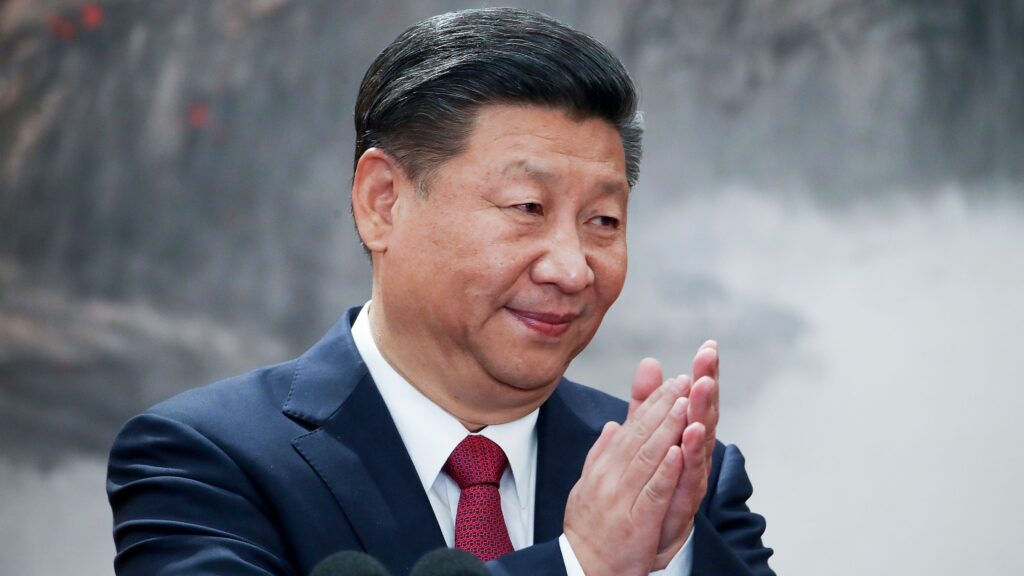China is experiencing a paradox in its energy sector: while renewable power installations hit unprecedented highs in the first half of 2025, coal power projects also surged, raising concerns about the country’s climate commitments.
According to a report by the Centre for Research on Energy and Clean Air (CREA) and Global Energy Monitor (GEM), China added 21 gigawatts (GW) of new coal-fired power capacity between January and June the highest first-half figure since 2016. Construction also began or restarted on another 46 GW of coal projects, with an additional 75 GW proposed. This expansion risks locking in coal’s dominance in China’s energy mix for decades.
Coal remains central to China’s energy system, accounting for around half of its power generation, down from three-quarters in 2016. While the country has pledged to peak carbon emissions by 2030, analysts warn that the pace of new coal development could undermine that target. “Coal power development in China shows no sign of easing, leaving emissions on a high plateau,” said GEM research analyst Christine Shearer.
Paradoxically, renewables are expanding at record speed. In the first half of 2025, China installed 212 GW of solar capacity—more than the total U.S. solar capacity at the end of 2024. Combined with wind, hydro, and nuclear, China is on track to install enough clean energy in 2025 to cover the electricity demand of Germany and Britain combined.
Experts say the latest coal boom reflects lingering structural issues. A spike in coal permits in 2022 and 2023 was driven by grid reliability challenges as renewable integration grew. Although storage and grid management have since improved, many of those coal projects are now under construction. “Powerful coal interests” continue to influence the sector, ensuring many plants remain profitable, said CREA analyst Qi Qin.
China retired just 1 GW of coal capacity in the first half of 2025, far short of its target to retire 30 GW between 2020 and the end of this year.
The world’s largest greenhouse gas emitter is expected to announce updated energy and emissions goals in its upcoming 15th Five-Year Plan (2026–2030) and new 2035 climate commitments ahead of COP30 in November.

